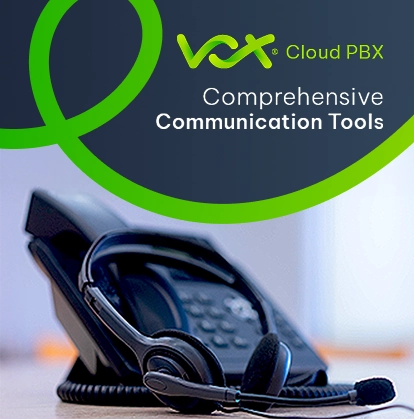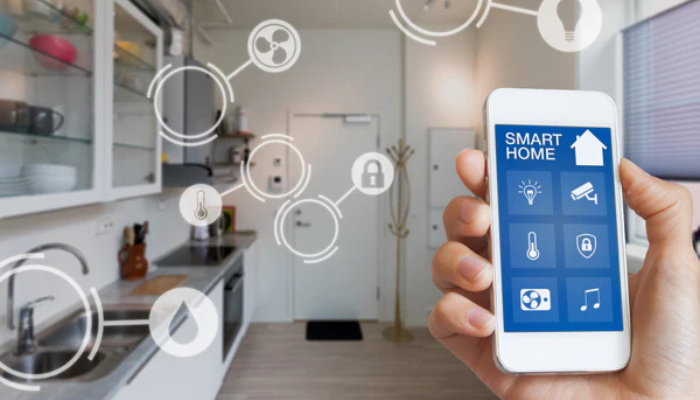Smart geysers, pool pumps, doors, fridges, washing machines and gates are opening the door to a whole new world of efficiency but they do present a risk
There are more than 400 million smart homes globally. In South Africa, it’s expected to reach 20.6% of the market by 2028 with multiple well-known brands selling smart devices designed to optimise lighting, power and water usage, and home security. With the increase of (IOT) Internet of Things Wi-Fi devices, attackers are now targeting smart home appliances, wearables and security systems.
As South Africans become increasingly reliant on smart door locks, smart security cameras, smart smoke detectors, fire alarms and home security systems, it’s equally important that they ensure these smart solutions are secure themselves. The risk to health and property if a device is left open to hackers is untenable, and yet many homeowners don’t realise how important it is to change the password on their router. The latter’s password is usually set to default when it’s purchased or installed, and this makes it an easy gateway into any home network.
Then there’s the risk that comes with not using a strong password. According to the World Economic Forum, the world’s most popular passwords are still terrible – 123456 is the world’s most common. It is also the worst. More than 4.5 million people have used it and it takes a hacker under a second to crack. In fact, if a person’s password appears on any of the top password lists, it’s not going to keep their home safe.
Now, imagine if that password was used to gain access to your home security system. A digitally savvy criminal can remotely open the gate, turn off the beams, unlock the front door, turn off the cameras and the alarms, and walk into your home without anyone noticing. This becomes even more bone-chilling if you realise that this could all happen while you were at home.
It is not a sign to stop using these devices. The value they add to quality of life is significant. The ability to schedule temperatures, lighting, switches, speakers and appliances is incredibly convenient, and saves both time and money. It’s more of a call to network action. Yes, you can use your IoT Wi-Fi devices to monitor your solar and improve your standard of living, but do so with a network that’s been optimised to handle the load and the risk.
The network is not only a point of vulnerability, it’s also the key to ensuring it can handle the demands of a comprehensively smart home. Older routers can handle up to 32 devices at the same time before losing coherence, so the first, most important step, is to prioritise investing into the latest technology. A modern router with an incredibly strong password will immediately make your network more secure and will make it easier for you to connect multiple devices and gain all the benefits of a smart home and smart technology.
When you optimise your network settings for your IoT Wi-Fi devices, your devices will function better and you will gain better control over performance and network capacity. It sounds complex, but it boils down to using the best possible technology to handle the role. And this is not just the router. You want reliable equipment and a connectivity provider who can ensure your devices remain secure and functioning optimally.
When you combine the connectivity with the security and the technology, then you have the perfect trifecta of smart home functionality that will deliver the right performance at a consistency it demands. It also means that as a South African, you get that smart doorbell, intelligent power management and all the other digital bells and whistles within a tight ecosystem that’s geared to protect your home without compromise.














